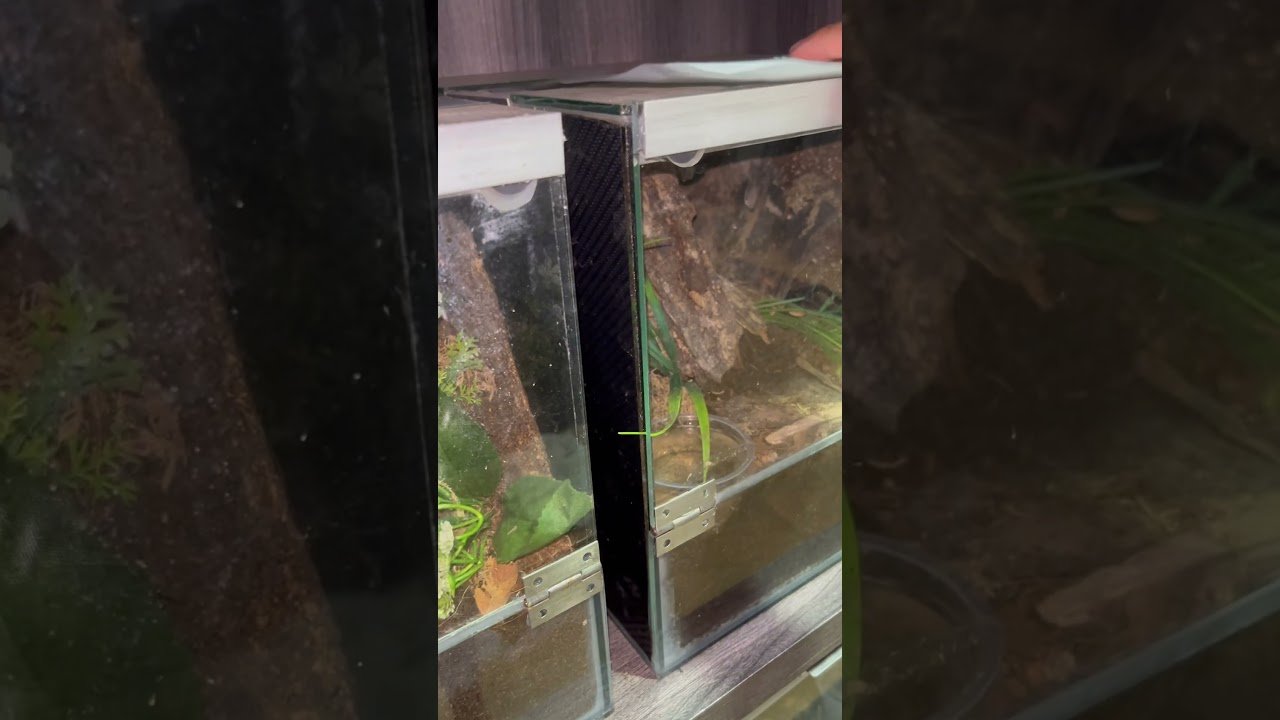As a tarantula owner, I have faced the struggle of keeping my beloved pets hydrated. In this blog post, I will share how I found a solution to ensure that my tarantulas will never dry out again. #shorts
My TARANTULAS will NEVER DRY OUT AGAIN !!! 💦 #shorts
Introduction
Let me tell you about my journey of keeping tarantulas as pets and the challenges I faced in maintaining the ideal humidity levels in their enclosures. It’s crucial for tarantulas to have a humid environment, as they are sensitive creatures.
The Dilemma
When I first started keeping tarantulas, I noticed the enclosures drying out quickly, which was a problem as tarantulas need a certain level of humidity to thrive. This led me to constantly spray water to keep the spiders comfortable.
The Solution
It took me a while to figure it out, but I found a solution that works like a charm. By cleverly managing the humidity levels, I ensure my tarantulas stay happy and healthy.
The Method That Works
- I keep humidity in the tarantulas’ enclosures by placing plastic on top.
- The meshed top evaporates moisture quickly. Thus, I cover it with plastic to prevent rapid evaporation.
- There is still ventilation on the sides for the tarantulas to breathe.
- After a couple of days, moisture is still present in the enclosure.
- This method effectively maintains humidity in the tarantula enclosures.
Conclusion
With this simple yet effective trick, my tarantulas never have to suffer from dry enclosures again. Their comfort and well-being are my top priorities, and I’m happy to have found a solution that works wonders.
FAQs (Frequently Asked Questions)
- How often do you need to check and replenish the moisture in the tarantula enclosures?
- Is it safe to leave plastic covering the enclosure all the time?
- Do you need to monitor the humidity levels with a hygrometer regularly?
- Are there any specific types of plastic you recommend for maintaining humidity?
- Can this method be applied to other types of pets requiring humid environments?
